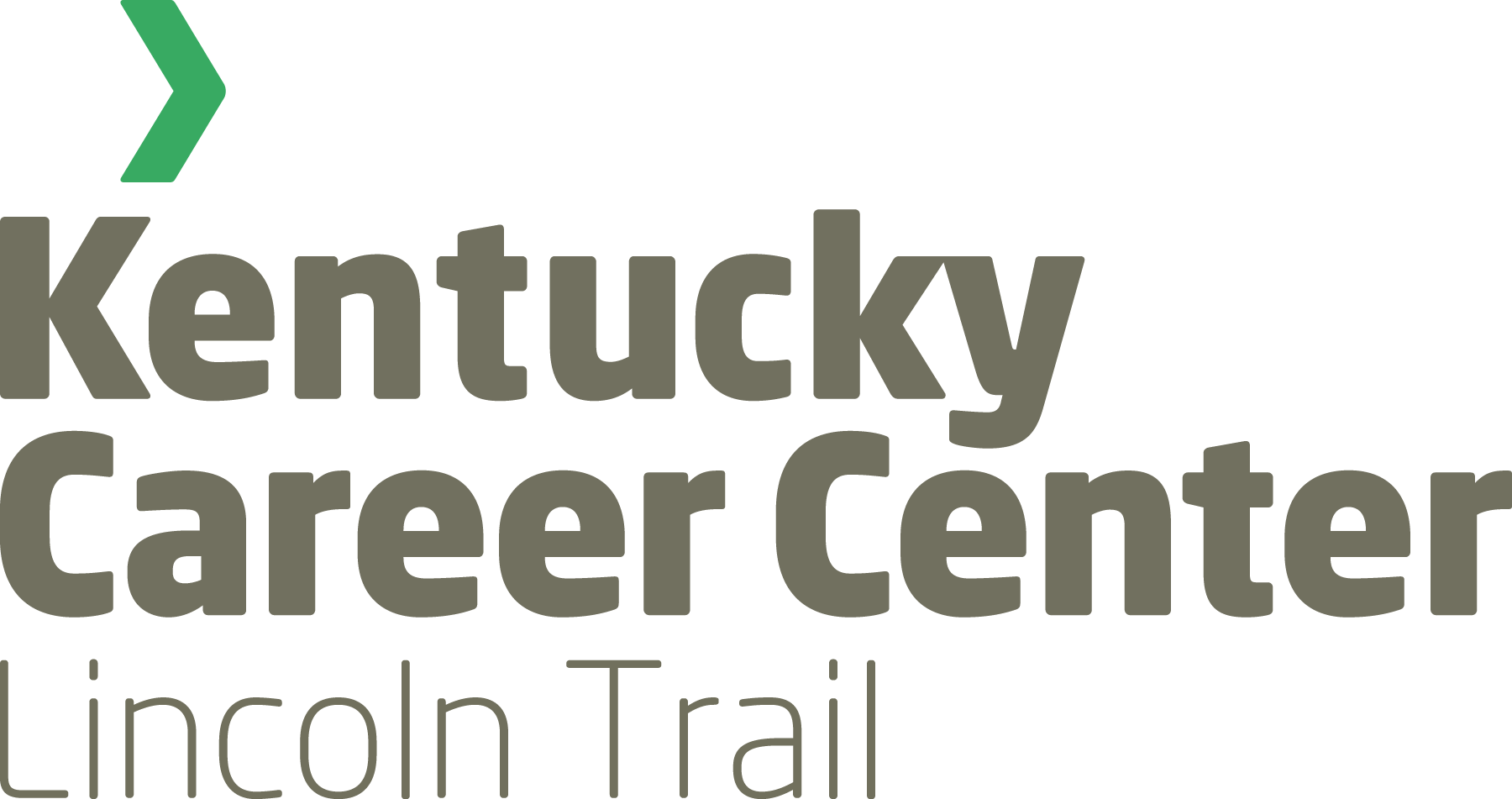Examining financial barriers to work

JIm Rachlin
Imagine you are a supervisor at a local business. Joe, a single father of two, is one of your most successful employees and has earned a promotion that will raise his pay from $15 per hour to $20 per hour.
Joe qualifies for childcare assistance that covers a significant portion of his childcare bill as long as his annual income is less than $34,128 (160 percent of the federal poverty line). The promotion would be a great boost to his income, but it would not be enough to make up for the lost childcare assistance. So, if Joe accepts the promotion, he’ll face a net loss of resources for his family.
This is the “cliff effect.” It happens when a lower-wage worker has an opportunity to increase his or her income, but the additional income isn’t enough to offset the loss in benefits. When working harder or working longer doesn’t make economic sense for employees like Joe, our employers are at a disadvantage as they try to develop career pathways within their organizations and promote
This all-too-common scenario, in addition to a shortage of childcare options in some areas, is a hindrance to our region’s continued economic growth and has lead the Lincoln Trail Workforce Crisis Task Force to begin advocating for state-level changes.
Among the task force’s proposals is raising eligibility for childcare assistance. At this level, Joe would be able to accept the promotion and taper off of public assistance in a year or two, after some modest pay increases. You can learn more about these proposals and how we can better meet employers’ needs for a qualified and available workforce at www.ltcareercenter.org/childcareletter.
Advocating for policies that increase workforce participation is important, but solving our region’s workforce shortage also requires us to take a hard look at we can do at the community and regional level.
To that end, the Workforce Crisis Taskforce will host a poverty simulation and community conversation from 8:30 a.m. to noon April 11 at Pritchard Community Center in Elizabethtown. The event is an avenue to consider two core concerns.
First, employers cannot find enough talent and jobs in our region are remaining vacant too long. We know about 40 percent of the working-age people in our eight-county region are neither working nor looking for work. There are a variety of factors at play, including financial obstacles. That leads to the second core consideration — speaking plainly, finding a job and keeping a job is harder when you are poor.
United Way of Central Kentucky and Goodwill Industries of Kentucky’s Way to Work program is one great example of how the non-profit community, employers and others are partnering to create new paths to employment. Way to Work helps its members overcome barriers and provides ongoing coaching, leading to long-term employment and financial self-sufficiency.
Another program that is removing barriers is Ride to Independence, an Elizabethtown-based initiative that provides temporary transportation services to people who need a lift to and from work. It’s a way for a new worker to build up enough savings to buy a modest vehicle. It’s also a way to keep a vehicle maintenance issue from becoming a financial crisis for families living in poverty. With the majority of clients transitioning out of Ride to Independence in one to two months, it’s clear access to reliable transportation will positively impact workforce participation.
The Workforce Crisis Taskforce is working to identify ways we can scale up programs like Way to Work and Ride to Independence and strongly encourages our community leaders to attend the April 11 event. We especially look forward to including employers in this conversation, which is absolutely vital to empowering our region’s potential workforce and connecting job seekers with employers that need talent to succeed and grow.
Jim Rachlin is a member of the Lincoln Trail Workforce Development Board. He can be reached at jim@ltcareercenter.org.
Our Social Networks


